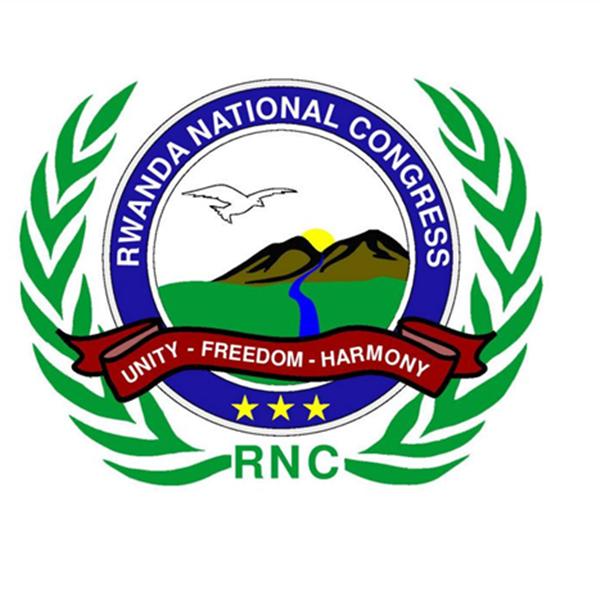By Ben Barugahare
Recent events in Uganda have reignited debates surrounding the long-standing tension between Rwanda and Uganda concerning the activities of the Rwandan opposition party, the Rwanda National Congress (RNC). Notably, the recent arrest of Diocle Rukundo, a prominent RNC activist in Uganda, has raised concerns about the future of RNC’s operations in the country.
Rukundo’s arrest and subsequent undisclosed detention by Uganda’s security service are the latest in a series of incidents pointing to the mounting pressure by the Rwandan government on Uganda. Rwanda has been urging its neighboring country to cease any perceived support and harboring of RNC members.
In a public spat last year, Rwanda’s Foreign Minister, Richard Sezibera, directly accused Uganda of offering succor to two foreign-based Rwandan groups — the Rwanda National Congress (RNC) and the Democratic Forces for the Liberation of Rwanda (FDLR). In response, Ugandan Foreign Minister Sam Kutesa vehemently denied the allegations. He asserted that Uganda would not condone any activities that threaten its neighbors.
Historically, Uganda has been a critical waypoint for fleeing RNC members. General Kayumba Nyamwasa and Colonel Patrick Karegeya, the founders of the RNC, both sought refuge in Uganda when fleeing Rwanda. They received protection there before relocating to other countries. Given Uganda’s proximity to Rwanda, Kigali has always been wary of RNC’s activities in Uganda.
This apprehension isn’t without cause. Over the years, numerous RNC members in Uganda have either disappeared or been assassinated under suspicious circumstances. Rwandan operatives are frequently suspected of orchestrating these incidents. The assassination of Charles Ingabire, an RNC member and journalist for Inyenyeri News, in December 2011 remains one of the most well-known cases.
While some members vanished without a trace, others would surface months later in Rwandan jails, raising eyebrows over the lack of any official extradition process by the Ugandan government. However, not all cases of disappearances led back to Rwanda. For instance, Emmanuel Mutware found his way to Zambia, and it has been discovered that Eric Irabona is currently in Belgium.
Uganda’s recent stance, especially the reported advisories against RNC meetings on its soil, hints at a shift in its policy. This change can be seen as an attempt to prioritize diplomatic ties with Rwanda over hosting its dissidents, which had been a significant point of contention between the two neighboring countries.
While it may be premature to assert that Rwanda’s aspirations to halt RNC activities in Uganda have entirely been realized, the recent actions and developments suggest a perceptible shift in the region’s geopolitical landscape. Only time will tell how this evolving dynamic between Rwanda and Uganda will shape the future of the RNC and the broader East African community.





























































